
How many eggs should you eat a week?

Eggs have long held their place as a staple in the human diet, prized not only for their culinary versatility but also for their dense nutritional value. Whether scrambled, boiled, poached, or incorporated into baked goods, eggs offer an array of health benefits. However, as with most foods, moderation is key. Understanding how many eggs per day—or per week—is appropriate can help you enjoy their advantages while minimizing potential health concerns.
The Nutritional Power of Eggs
Eggs are a nutritional powerhouse. Each egg is packed with high-quality protein, essential for muscle repair and growth, and healthy fats that support heart and brain function. They also contain important micronutrients like choline, which plays a vital role in brain development and liver function, as well as lutein and zeaxanthin, antioxidants that help protect eye health and may reduce the risk of age-related macular degeneration.
In addition, eggs are relatively low in calories—about 70 calories per medium egg—and contain minimal sugar and sodium. Unlike many processed foods, eggs are naturally nutrient-dense, offering a wide range of vitamins and minerals, including vitamin D, B12, selenium, and riboflavin.
Research suggests that people who regularly include eggs in their diet are more likely to consume a broader range of healthy foods. This pattern is often associated with higher intake of vegetables, whole grains, and fiber-rich options, contributing to an overall more balanced diet.
Potential Health Concerns of Overconsumption
Despite their many benefits, consuming too many eggs may raise certain health concerns. One of the most discussed issues is cholesterol. A single medium egg contains roughly 187 mg of cholesterol, and eating several eggs daily—especially when combined with other cholesterol-rich foods like red meat or full-fat dairy—can push you beyond the recommended daily intake of 300 mg for cholesterol.
Studies have shown that while dietary cholesterol doesn’t affect everyone’s blood cholesterol levels in the same way, people with diabetes, heart disease, or a family history of cardiovascular problems may be more sensitive to its effects. A 2019 study found that individuals consuming more than 300 mg of cholesterol per day had a significantly increased risk of heart disease and stroke.
Additionally, how eggs are prepared and what they’re eaten with matters. Eggs paired with highly processed foods, such as bacon, sausage, or buttery pastries, can contribute to weight gain and poor heart health. On the other hand, eggs consumed as part of a balanced, nutrient-dense meal—such as with vegetables and whole grains—are less likely to pose risks.
The Role of Eggs in Weight Management
Eggs can support weight management and satiety, especially when boiled, poached, or cooked with little to no added fat. Their protein content helps keep you feeling full longer, potentially reducing overall calorie intake throughout the day. That’s one reason eggs are often included in high-protein diets aimed at weight loss or muscle gain.
However, the benefits can be offset when eggs are fried in butter or oil or served with high-calorie sides. For instance, a breakfast of eggs, fried bacon, and buttered toast may provide far more calories and unhealthy fats than intended, which can sabotage weight goals over time.
How Many Eggs Are Safe to Eat?
According to most health professionals, an average adult can safely consume up to 7 eggs per week. This amount is generally considered safe and beneficial for healthy individuals. Some people may even benefit from slightly higher intake if they follow a well-balanced diet and have no underlying health risks.
However, individual dietary needs vary. People with diabetes, high cholesterol, or existing heart conditions should consult a doctor or registered dietitian for personalized advice. Similarly, children, pregnant individuals, and older adults may have different nutritional requirements and should follow age-specific or condition-specific guidelines.
Final Thoughts
Eggs are a valuable part of a healthy diet when consumed in moderation and prepared wisely. Their rich blend of nutrients makes them ideal for supporting overall health, particularly when they replace less healthy protein sources. Still, it’s important to be mindful of quantity, cooking methods, and accompanying foods to fully enjoy their benefits without increasing health risks.
If you're unsure how eggs fit into your personal diet, it's best to speak with a healthcare provider or nutrition expert. With the right balance, eggs can continue to be a delicious, nutritious part of your daily meals.
News in the same category

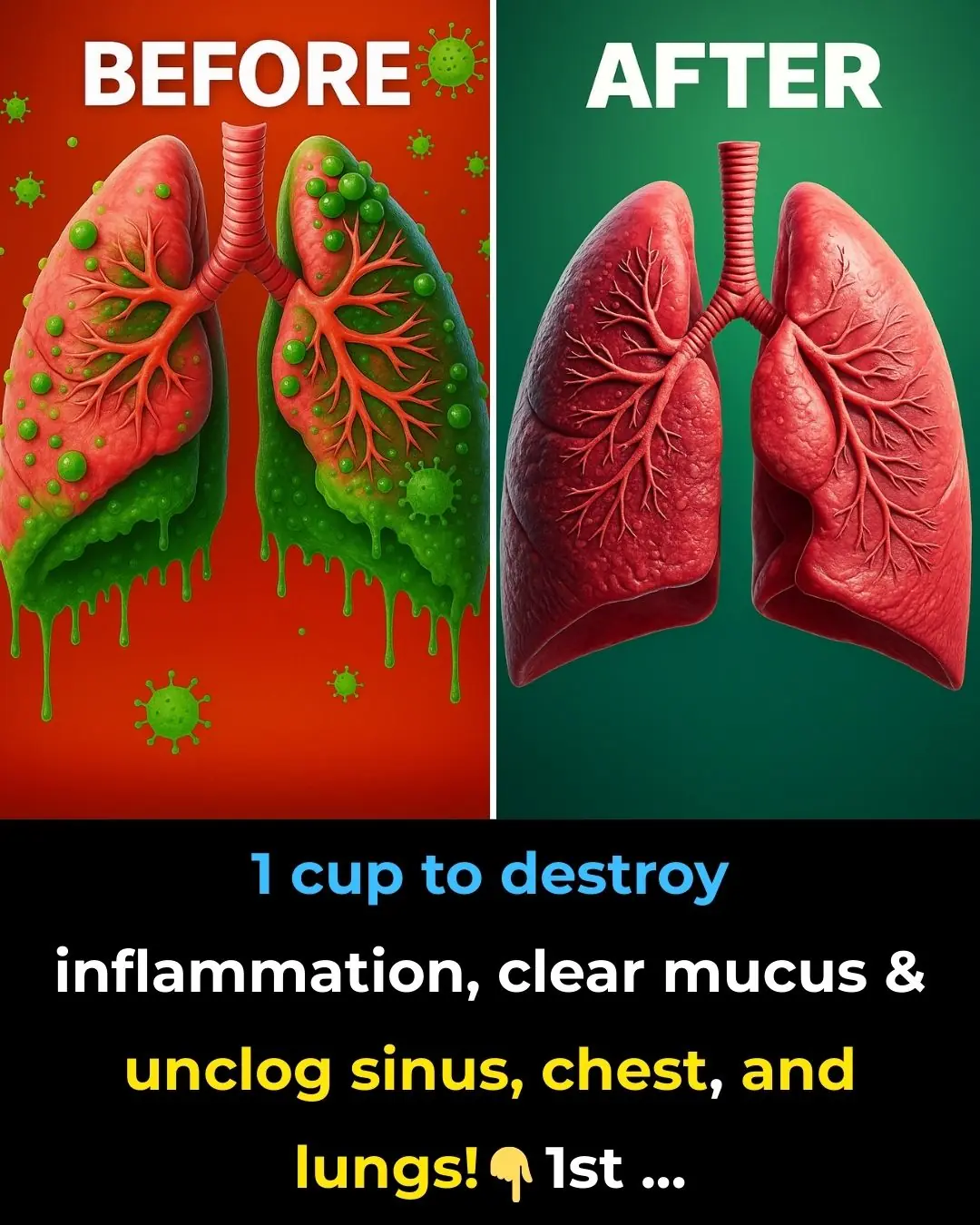
1 cup to destroy inflammation, clear mucus & unclog sinus, chest, and lungs!

Red Spots on Skin: Causes, Treatments, and More (Extensive Guide)
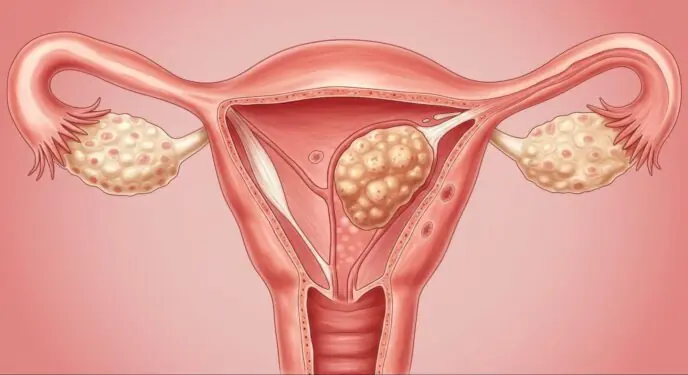
7 Warning Signs You May Have Uterine Fibroids

Parasite Cleanses: Do They Really Improve Your Gut Health — and Are They Safe?

8 Teas to Drink for a Healthier Body and Mind
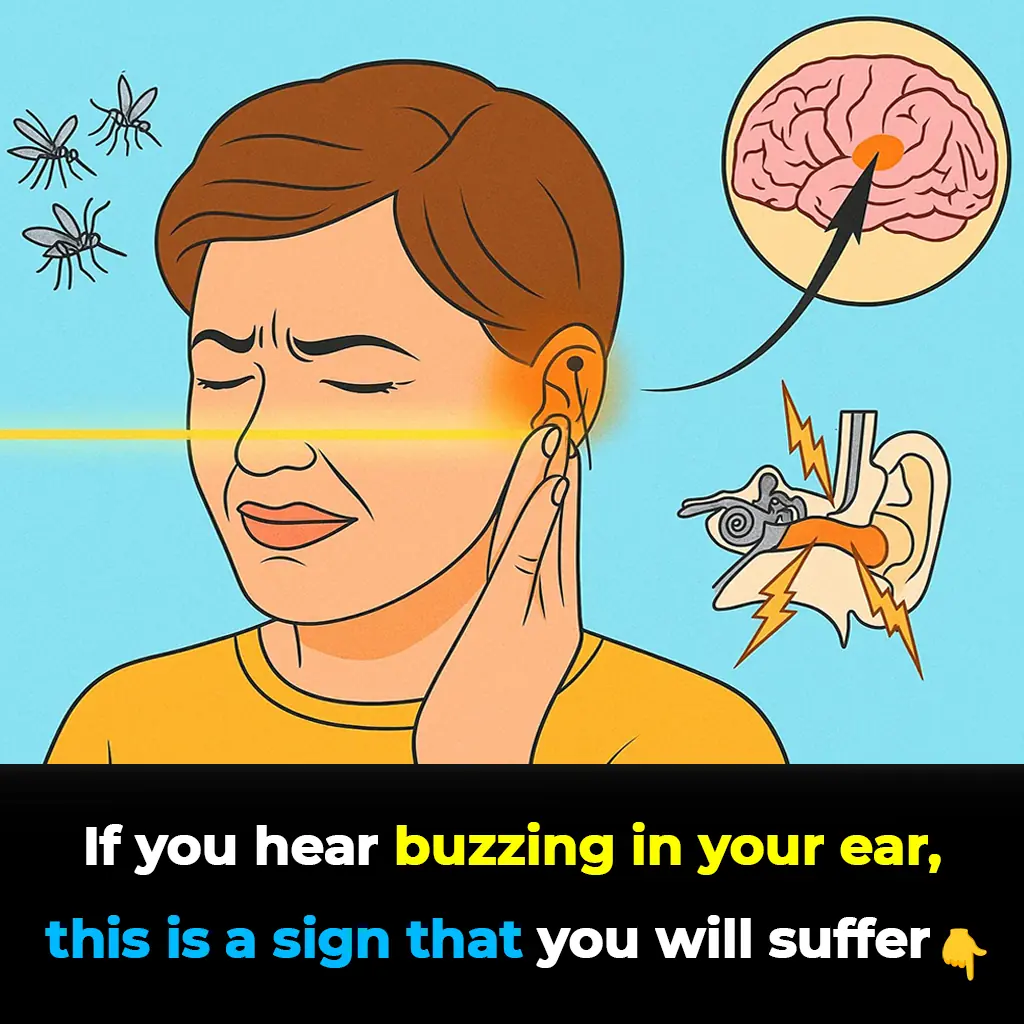
The Hidden Truth About Tinnitus: Why That Ringing in Your Ears Shouldn’t Be Ignored
Over time, repeated noise trauma damages tiny hair cells inside the cochlea, which cannot regenerate, resulting in permanent hearing changes and tinnitus.

DIY Turmeric & Ginger Shots to Fight Inflammation, Boost Immunity & Soothe Your Gut

Coconut water: Is It Good for You, Nutrition, Benefits, Side Effects (Science Based)
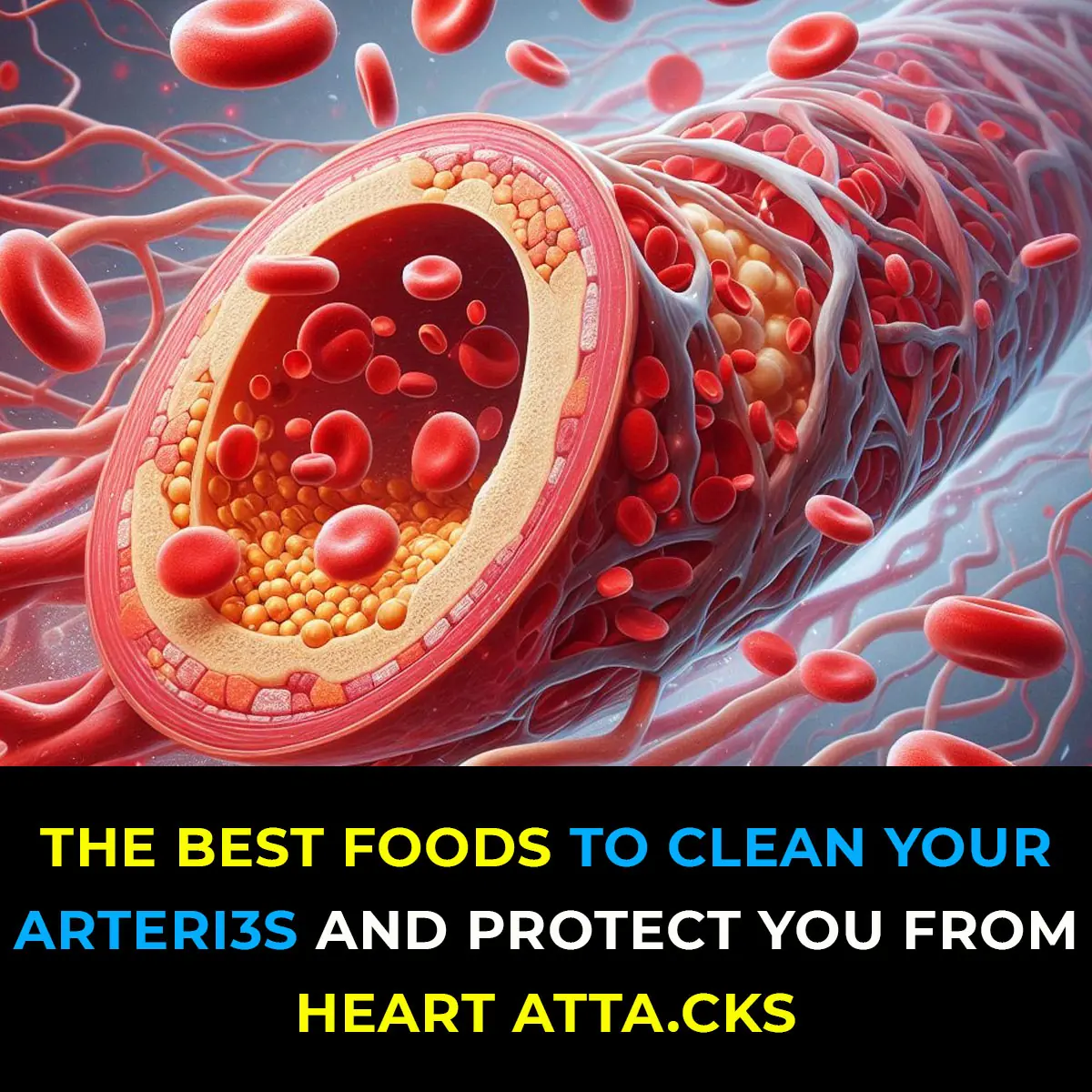
Clean Arteries: 10 Foods to Eat Daily
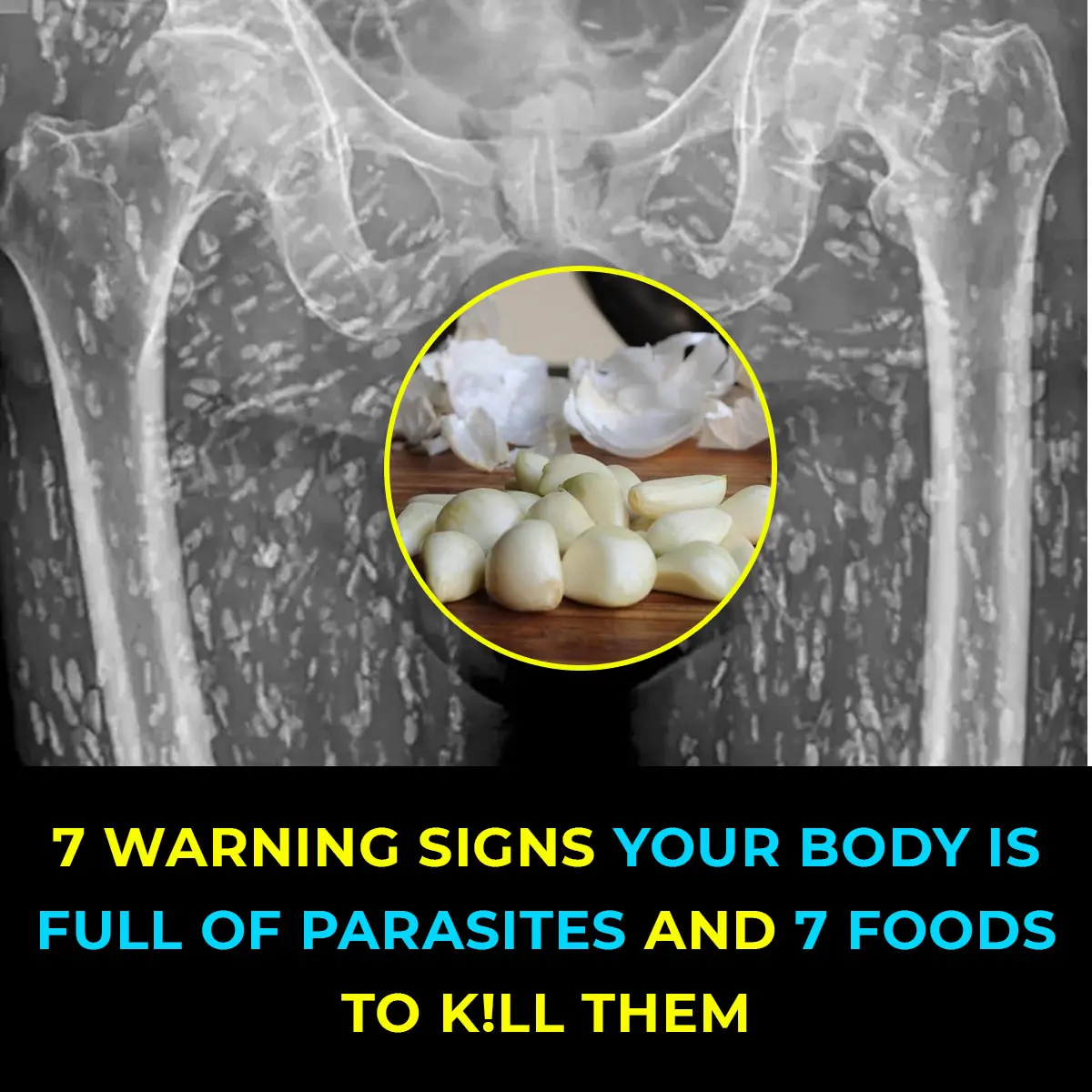
10 Warning Signs of Parasites in Your Body

Diet and Uric Acid: Foods to Avoid for Gout Prevention
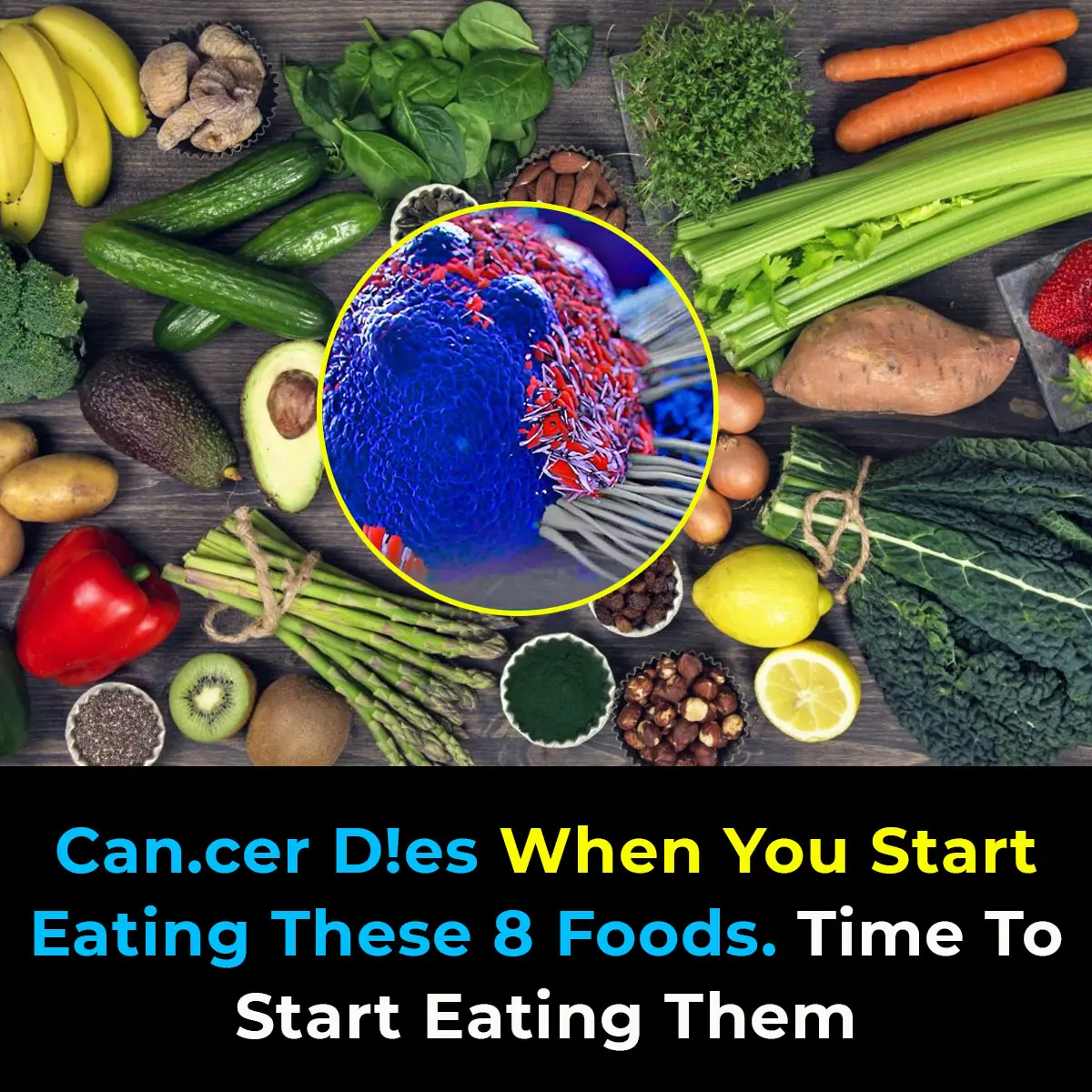
8 Foods That Help Eliminate Cancer Cells
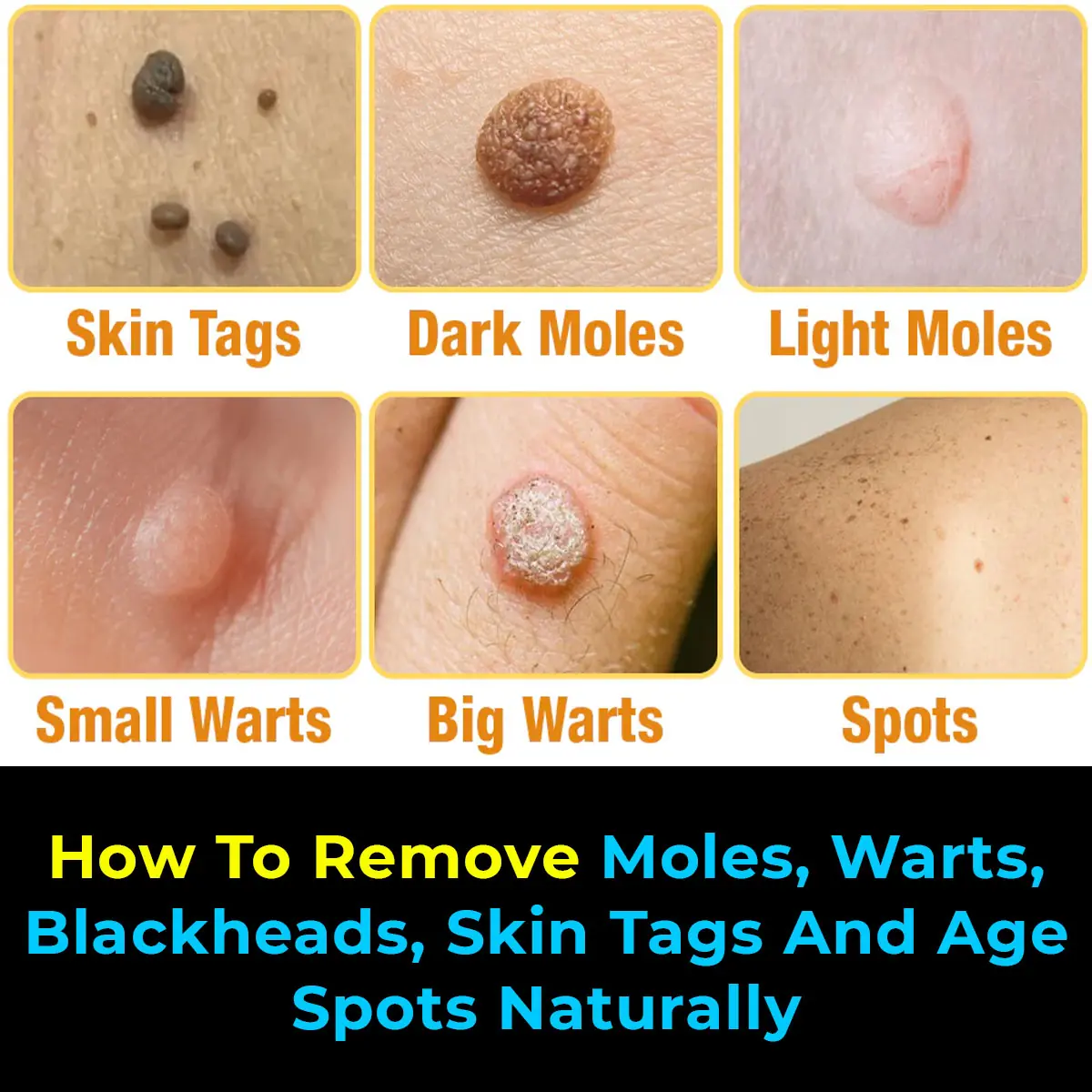
Natural Remedies to Address Skin Tags, Warts, and Blackheads
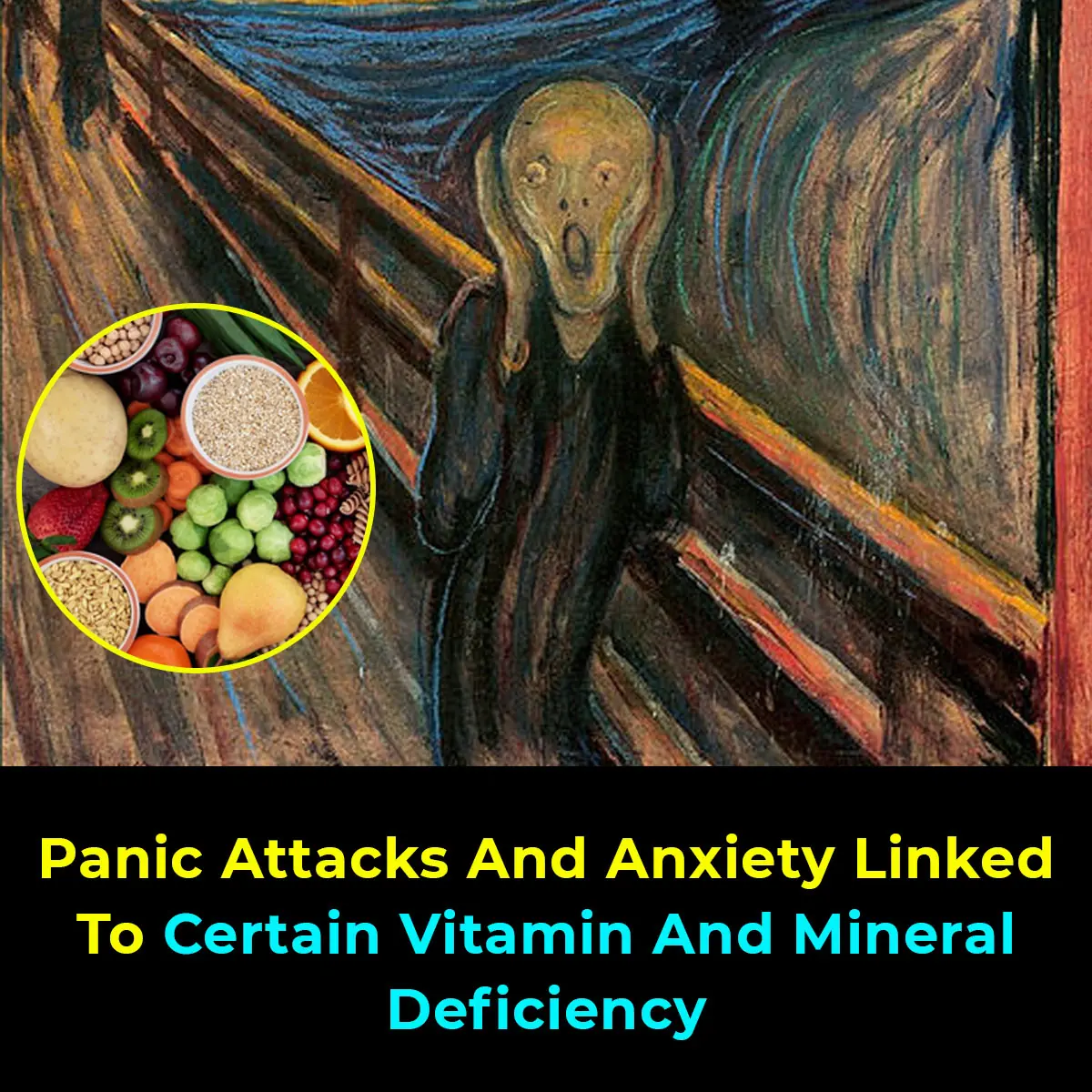
The Deficiency of These Vitamins Contributes to Panic Attacks

25-Year-Old Groom Dies from Acute Liver Failure After Eating Chicken – Doctors Warn of One Critical Danger!
Doctors caution people with pre-existing liver conditions, weakened immune systems, or chronic illnesses to exercise extra care when handling poultry and other high-risk.
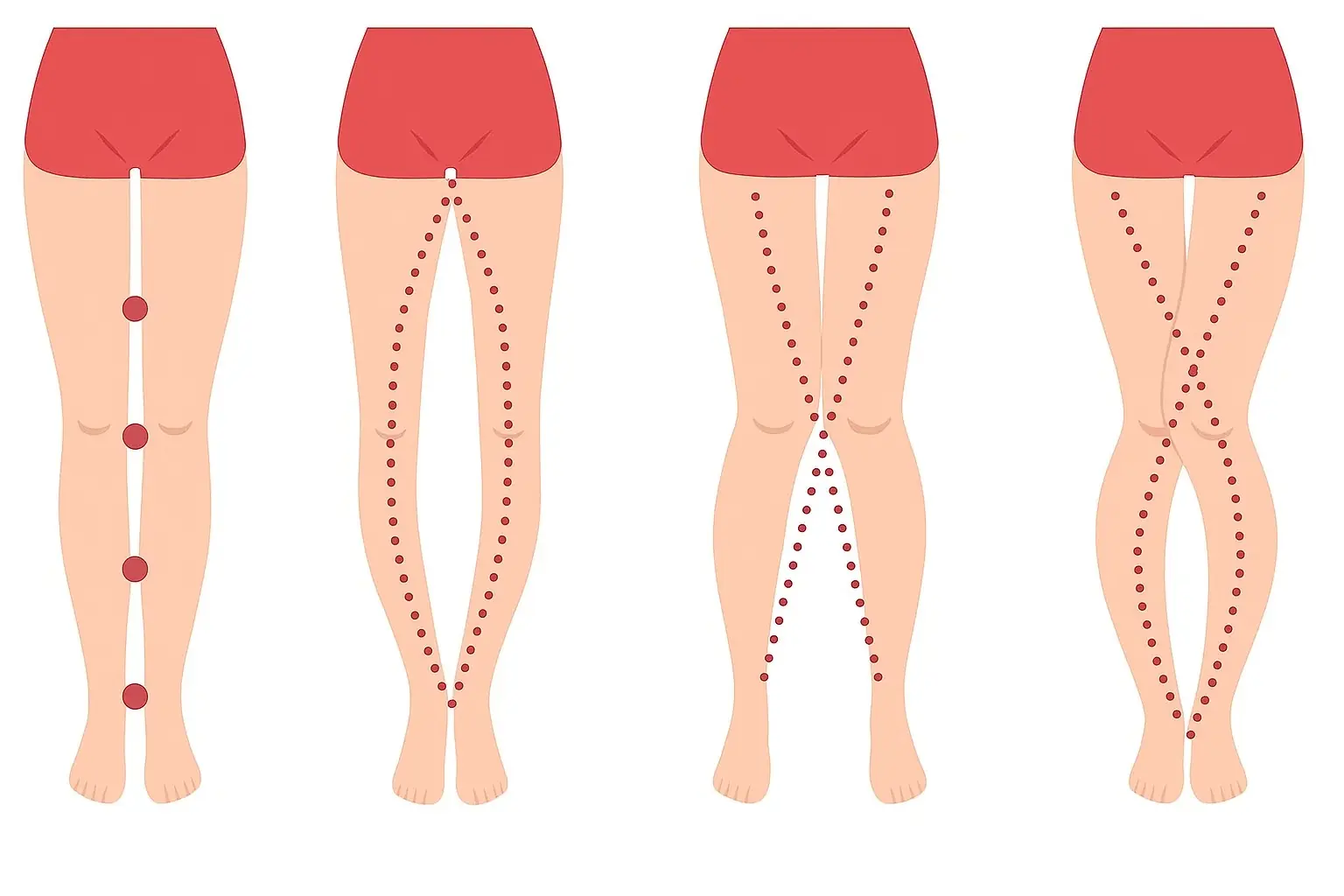
What Your Legs Can’t Say, Your Vagina Can — The Truth About the Female Body Most People Don’t Know
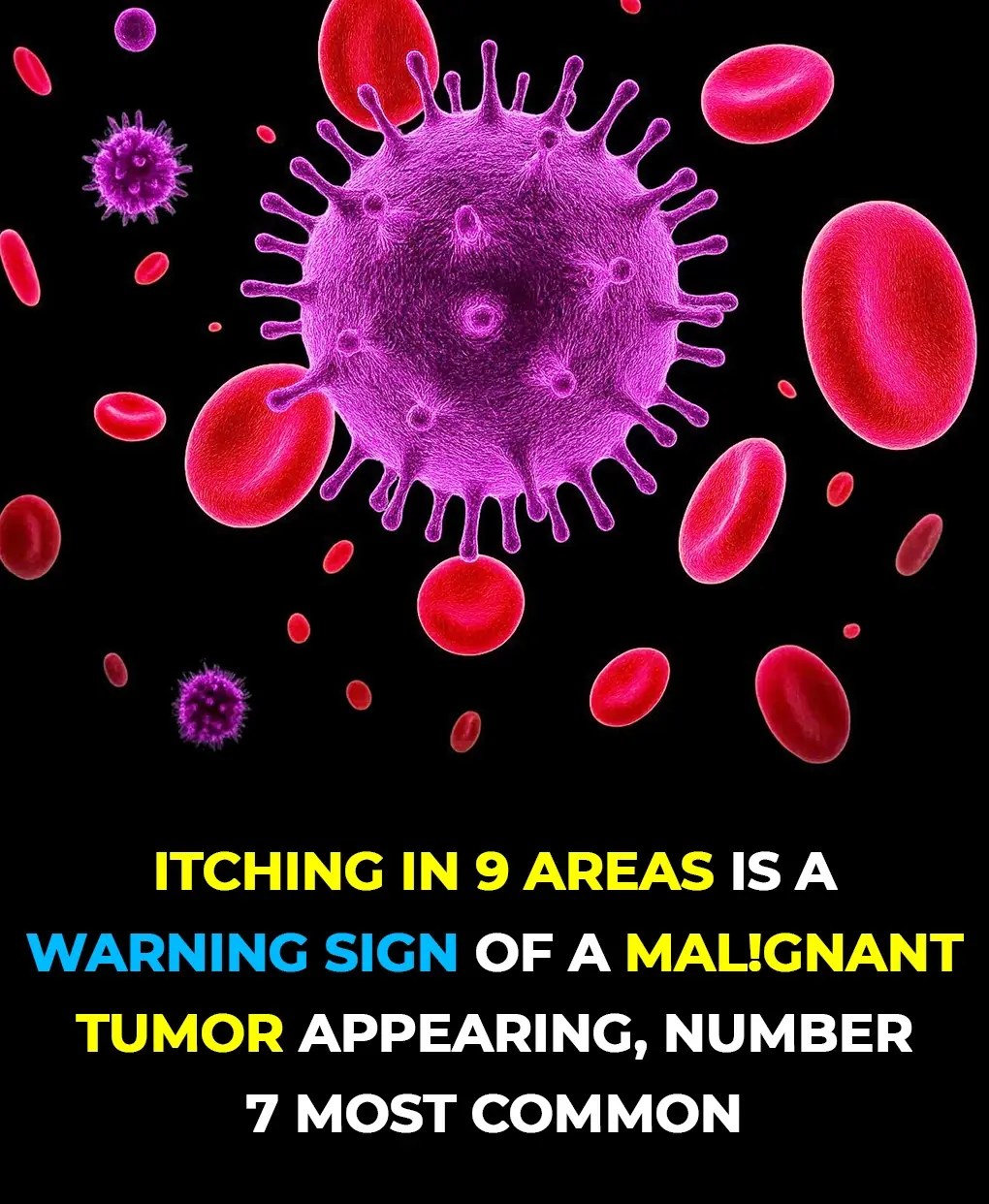
9 Areas Where Itching Could Signal Malignant Tumors — #7 Happens Most Often

The World’s Deadliest Food Kills 200 People Every Year — Yet 500 Million Still Eat It
Despite its deadly reputation, millions of people continue to eat this every day without issue.

Everything You Need to Know About Nighttime Urination And When To Start Worrying
News Post

The First Warning Signs of Lung Disease That No One Talks About

Sip these 5 powerful drinks for stronger kidneys

1 cup to destroy inflammation, clear mucus & unclog sinus, chest, and lungs!

Red Spots on Skin: Causes, Treatments, and More (Extensive Guide)

Why a Cat Rubs Against You

True Meaning When Black Butterflies Visit You

7 Warning Signs You May Have Uterine Fibroids

Parasite Cleanses: Do They Really Improve Your Gut Health — and Are They Safe?

8 Teas to Drink for a Healthier Body and Mind

The Hidden Truth About Tinnitus: Why That Ringing in Your Ears Shouldn’t Be Ignored
Over time, repeated noise trauma damages tiny hair cells inside the cochlea, which cannot regenerate, resulting in permanent hearing changes and tinnitus.

DIY Turmeric & Ginger Shots to Fight Inflammation, Boost Immunity & Soothe Your Gut

Coconut water: Is It Good for You, Nutrition, Benefits, Side Effects (Science Based)

Clean Arteries: 10 Foods to Eat Daily

10 Warning Signs of Parasites in Your Body

Diet and Uric Acid: Foods to Avoid for Gout Prevention

Hiker Encounters Massive Snake Camouflaged Along South Carolina Creek

8 Foods That Help Eliminate Cancer Cells

David Quammen, the COVID Predictor Warns of New Pandemic Threats

Natural Remedies to Address Skin Tags, Warts, and Blackheads
